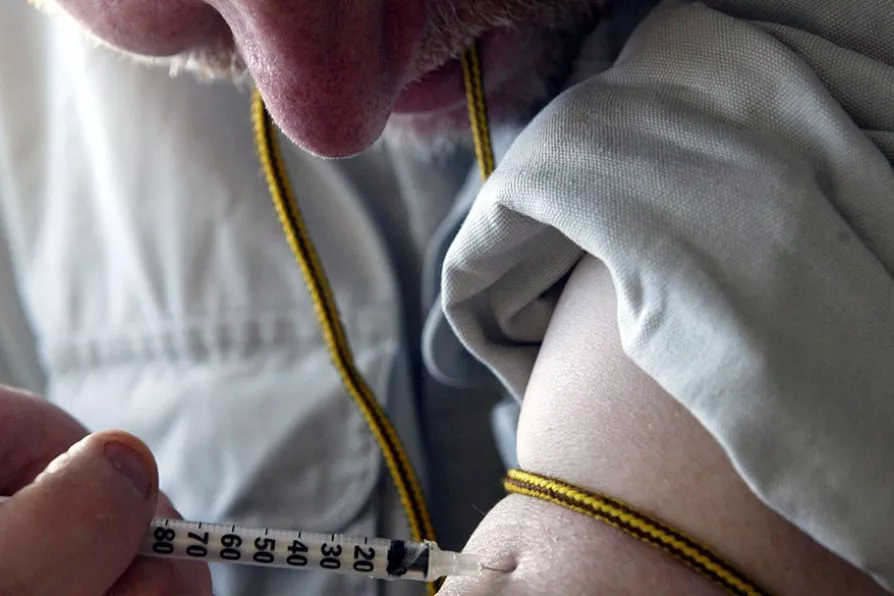A survey circulated by a far-right-linked student group has sparked outrage, with educators, historians and veterans warning that profiling teachers for their political views echoes fascist-era practices. FEDERICA ADRIANI reports


ON Monday December 14, on the eve of the publication of the latest and much-delayed Scottish drugs deaths statistics, I hosted a Zoom meeting, along with academics from the University of the West of Scotland.
Ian McPhee and Barry Sheridan have worked on drugs and social policy for many years and know all about the crisis that is causing so much carnage in working-class communities across Scotland.
At that meeting held on a Monday afternoon in December, 300 people joined us — an astonishing number, showing the huge concern there is at Scotland’s national shame as the drugs death capital of the developed world.

As Reform UK threatens to capitalise on public anger, our Establishment politicians simply refuse to acknowledge their role in creating the very alienation that gives succour to Farage, writes CRAIG ANDERSON













